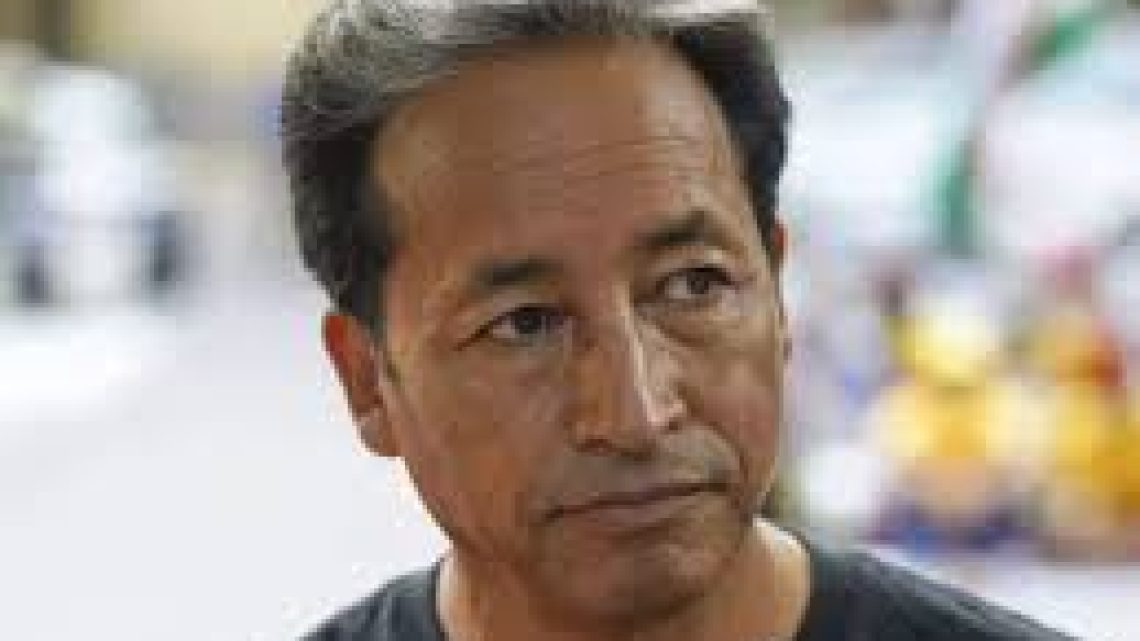
True Democracy Requires More Than Elections: Sonam Wangchuk Calls for Listening to the People’s Voice
October 20, 2024Sonam Wangchuk, a climate activist, is making a mockery of India’s claim to democracy. His indefinite hunger strike at Ladakh Bhawan in New Delhi, supported by a small group, highlights the grim reality of a government that refuses to listen.
Wangchuk has pointed out the restrictions imposed at Ladakh Bhawan. Access is tightly controlled, with authorities blocking entry and even stifling gatherings in nearby parks. It’s clear the government fears the swell of public support for Wangchuk and his cause.
This isn’t democracy; it’s a blatant attempt to silence dissent. Wangchuk bluntly states, “What happened to us cannot be called democratic.” He’s right. A system that ignores its citizens is not a democracy, no matter how many elections it holds. It’s a sad day for the so-called world’s largest democracy when the people’s voices are drowned out.
In a striking contradiction, Wangchuk laments that true patriots are labeled anti-India. Instead of fostering loyalty, the government seems intent on alienating its own citizens. This misplaced effort to demonize dissent only serves to deepen the rift between the people and those in power.
The activists endure harsh conditions, spending nights exposed to the elements. Their makeshift camp outside Ladakh Bhawan consists of minimal comforts—a few mattresses and mosquito nets. This is a sad testament to their commitment, but it shouldn’t have to come to this.
Despite their determination, Wangchuk notes that no one from the government has even bothered to approach them. “We’re not in any hurry,” he insists, but that only highlights the government’s indifference. It’s astounding that a group protesting for their rights can be so easily ignored.
On September 30, the situation escalated further. Wangchuk and around 150 others were detained at Delhi’s Singhu border. The heavy police presence on that day was a clear sign of the government’s unwillingness to engage with its citizens.
Elections are meaningless if the people’s voices are silenced. True democracy demands accountability, respect, and dialogue—not the suppression of peaceful protests. Wangchuk’s struggle underscores a critical point: democracy is about more than just voting. It’s about ensuring that every voice is heard.
The government’s fear of the people’s power is palpable. Instead of addressing the concerns raised by Wangchuk and his supporters, it resorts to control and repression. This is not the hallmark of a democratic state; it’s the behavior of a regime clinging to power at all costs.
Wangchuk’s hunger strike may just be the wake-up call India needs. As citizens demand to be heard, the government must reconsider its approach. Otherwise, India’s façade of democracy will crumble under the weight of its own hypocrisy.

